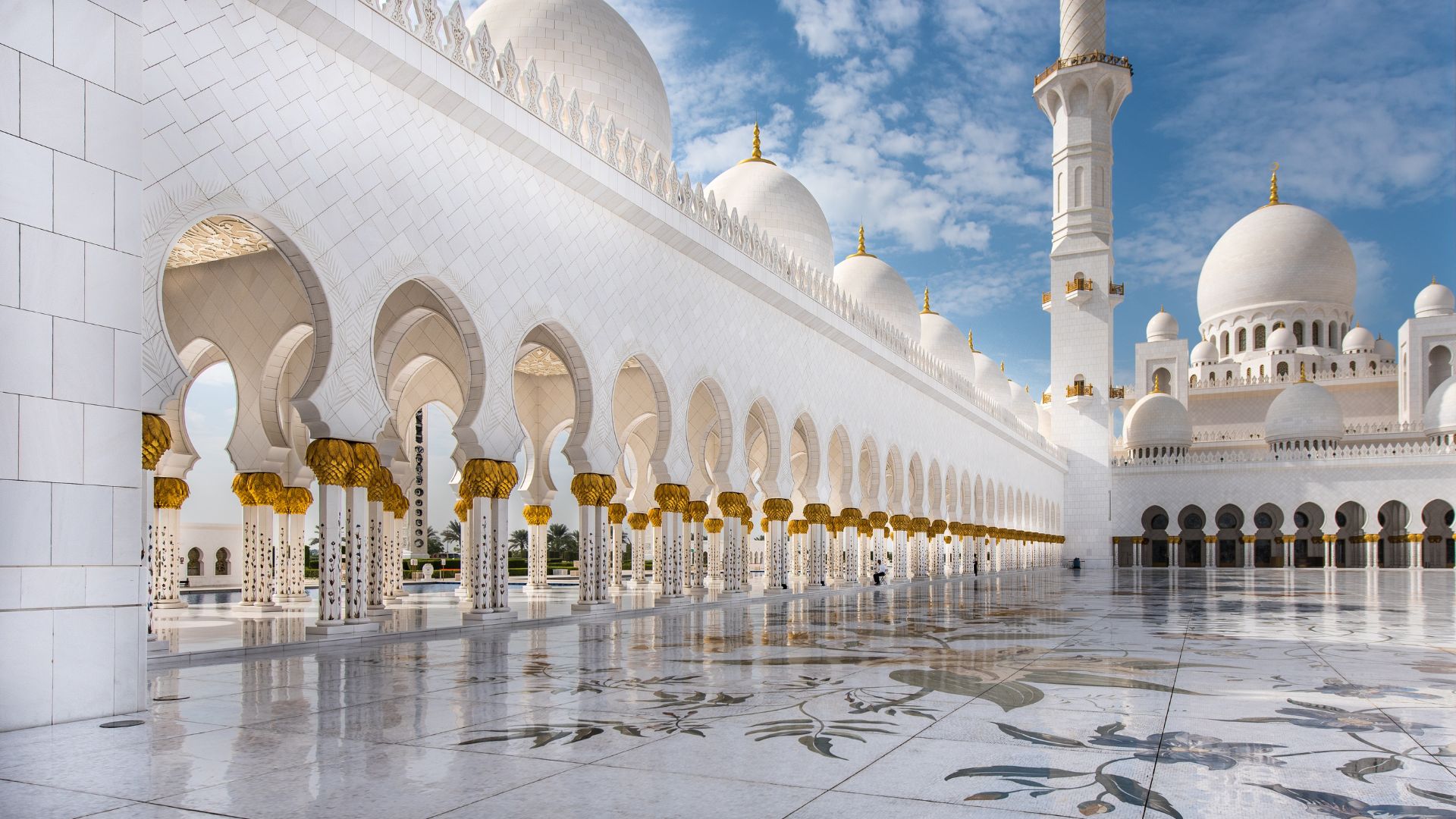
Discover the significance of fragrance in Islamic culture, from the use of oud and musk to the role of perfumery in religious and spiritual practices.
Introduction:
Fragrance has played an important role in Islamic culture for centuries. From the use of fragrant oils and incense in religious ceremonies to the development of intricate perfumes and attars, fragrance is deeply intertwined with Islamic traditions and practices. In this blog post, we will explore the history and culture of fragrance in Islamic traditions, with a focus on the role of perfumery and spiritual practices.
The History and Culture of Fragrance in Islamic Traditions
Fragrance has always been an essential part of Islamic culture and is deeply rooted in the religion and spiritual practices of its followers. For centuries, the use of fragrances has been a significant part of Islamic rituals and traditions. From the daily ablution to special occasions and events, fragrance has played a vital role in Islamic culture and tradition.
One of the significant reasons for the importance of fragrance in Islamic culture is the Prophet Muhammad’s fondness for perfumes. The Prophet was well-known for his love of fragrances and regularly used perfumes and scented oils in his daily life. In fact, he is quoted as saying, “Perfumes are the food of paradise.”
According to Islamic traditions, the Prophet Muhammad encouraged the use of fragrance in daily life and religious rituals. For example, the Prophet used to wear perfume during prayer, and it is a recommended practice for Muslims to wear perfume while attending Friday prayers. Similarly, the use of fragrance is also encouraged during other religious events and celebrations such as Eid al-Fitr and Eid al-Adha.
Moreover, the use of fragrance is also significant in Islamic traditions of hospitality. Guests are welcomed with scented water or other fragrant substances. It is also customary to offer guests perfumes or scented oils to refresh themselves after a long journey. In many Islamic cultures, offering fragrance is seen as a gesture of respect and honor.
Apart from its religious and cultural significance, fragrance also holds a special place in Islamic history. The Islamic Golden Age, which occurred between the 8th and 13th centuries, was a period of great advancement in science, medicine, and the arts. During this time, Islamic scholars made significant contributions to the field of perfumery, including the development of distillation techniques and the invention of new scents and fragrances.
Article Body
The Significance of Fragrance in Islamic Culture
- Islamic culture places a high value on cleanliness, purity, and good manners, and fragrance is seen as a way to enhance these qualities.
- Fragrant oils and incense have been used in Islamic rituals and ceremonies for centuries, including in the Hajj pilgrimage to Mecca.
- Fragrance is also used in everyday life, from perfuming clothing to scenting the home.
The Development of Islamic Perfumery
- Islamic perfumery has a long and rich history, dating back to the ancient Islamic civilizations of Arabia, Persia, and Egypt.
- Oud and musk are two of the most famous and beloved fragrances in Islamic perfumery, with a rich and complex history.
- The process of creating Islamic perfumes involves the use of natural ingredients, including flowers, spices, and resins, and often involves complex and time-consuming methods.
Fragrance in Religious and Spiritual Practices
- Fragrance is an important part of many Islamic rituals and practices, including the daily prayers and the recitation of the Quran.
- Many Islamic scholars and mystics have written about the spiritual significance of fragrance, and some believe that certain fragrances can enhance spiritual experiences.
- Fragrance is also used in traditional Islamic medicine, where it is believed to have healing properties for the body and the soul.
Conclusion
Fragrance is a vital part of Islamic culture and has been used for centuries in a variety of ways, from religious ceremonies to everyday life. Understanding the history and culture of fragrance in Islamic traditions can provide insight into the importance of scent and the role it plays in enhancing our lives. By exploring the world of Islamic perfumery and spiritual practices, we can gain a deeper appreciation for the significance of fragrance in our own lives.
Frequently asked questions
here are some frequently asked questions related to the use of fragrance in Islamic traditions:
Is the use of fragrance mandatory in Islam?
- No, the use of fragrance is not mandatory in Islam, but it is encouraged as a recommended practice in many religious and cultural traditions.
What types of fragrances are used in Islamic culture?
- In Islamic culture, a wide range of fragrances are used, including perfumes, scented oils, incense, and other aromatic substances.
What is the significance of fragrance in Islamic hospitality?
- In Islamic hospitality, offering fragrance to guests is seen as a gesture of respect and honor. Guests are welcomed with scented water or other fragrant substances, and it is customary to offer guests perfumes or scented oils to refresh themselves after a long journey.
What is the significance of fragrance in Islamic prayer?
- The use of fragrance during prayer is a recommended practice in Islam, and the Prophet Muhammad(SAW) is known to have worn perfume during prayer. It is believed that fragrance enhances the spiritual experience of prayer and can help create a sense of peace and calm.
What are some popular Islamic fragrances?
- Some popular Islamic fragrances include oud, musk, rose, and sandalwood. These scents have a long history in Islamic culture and are commonly used in perfumes, incense, and other aromatic substances.